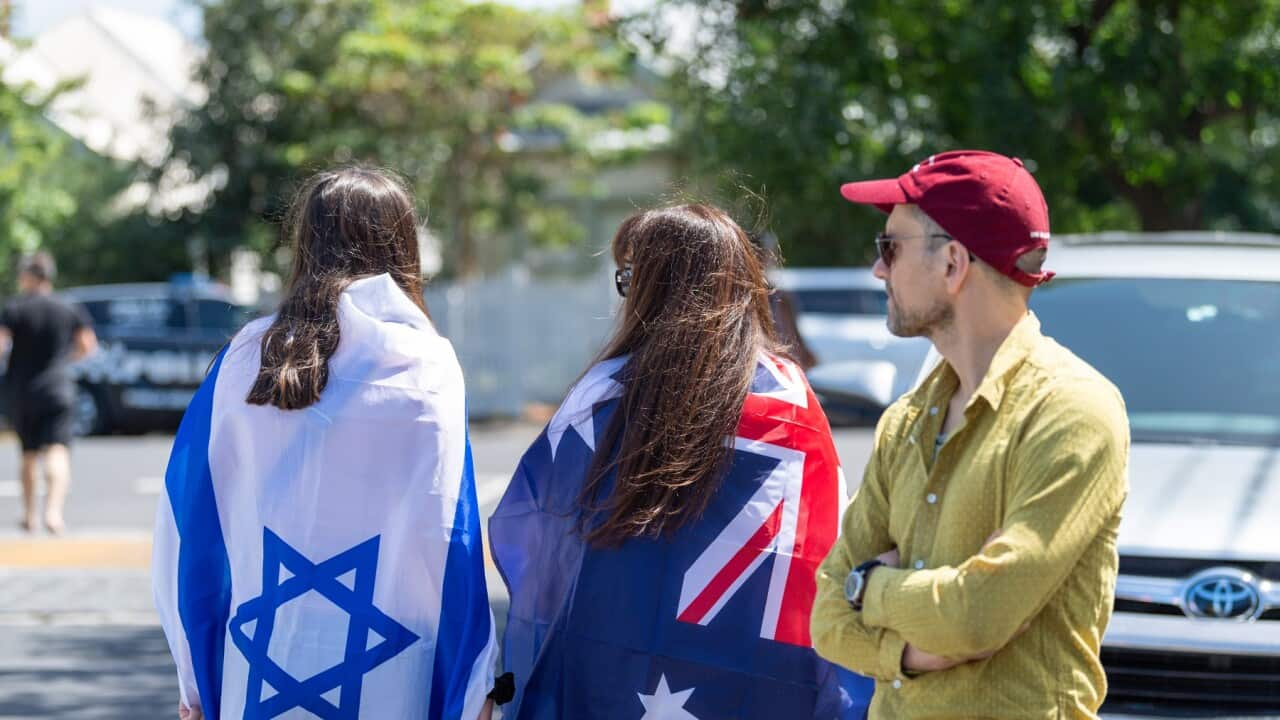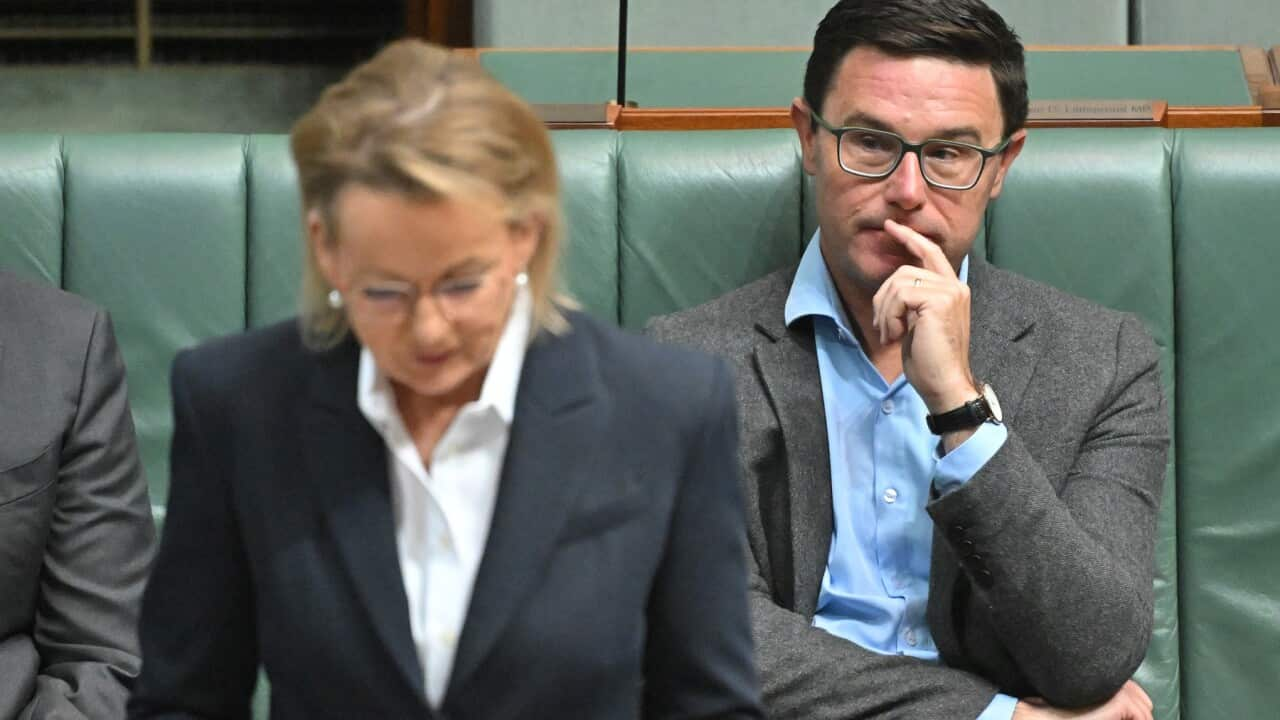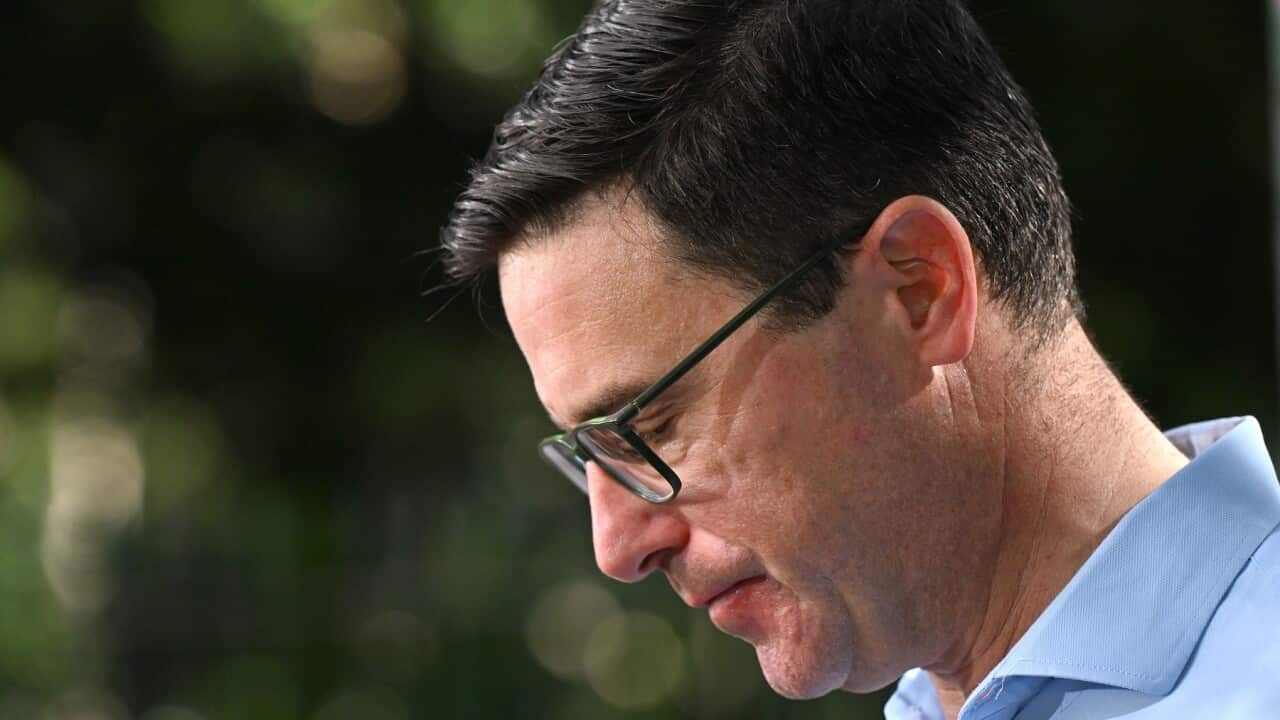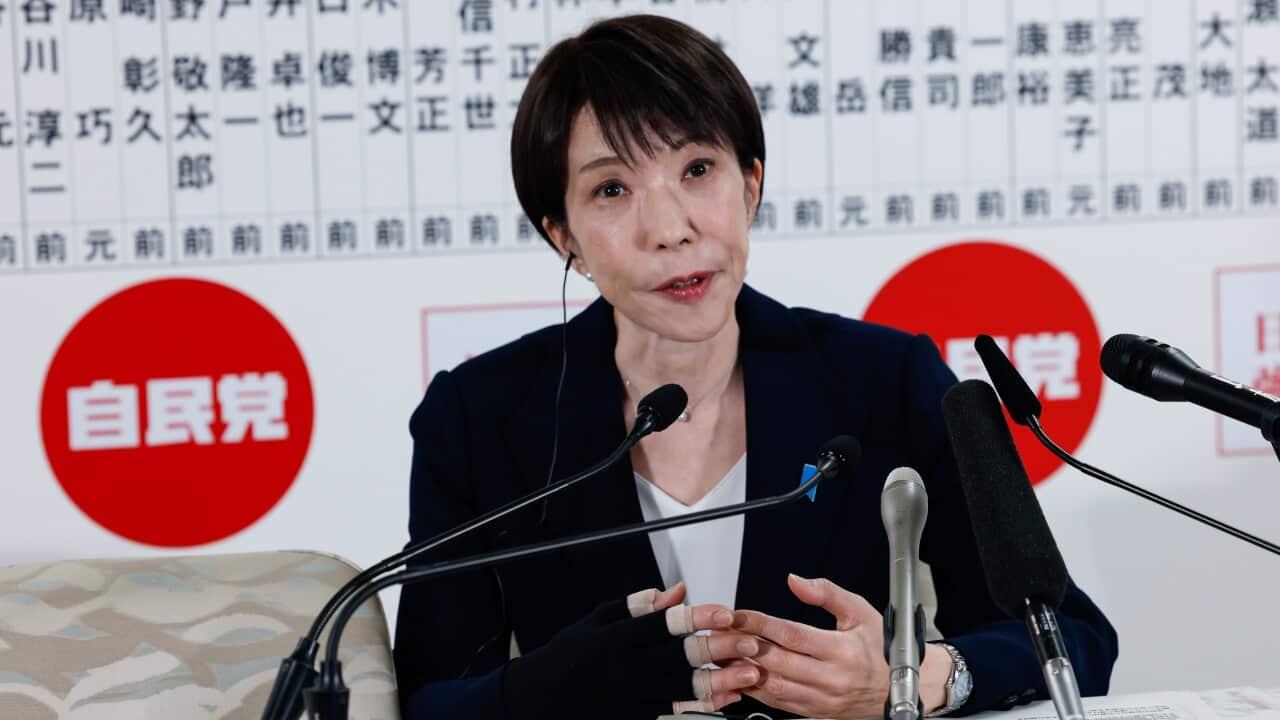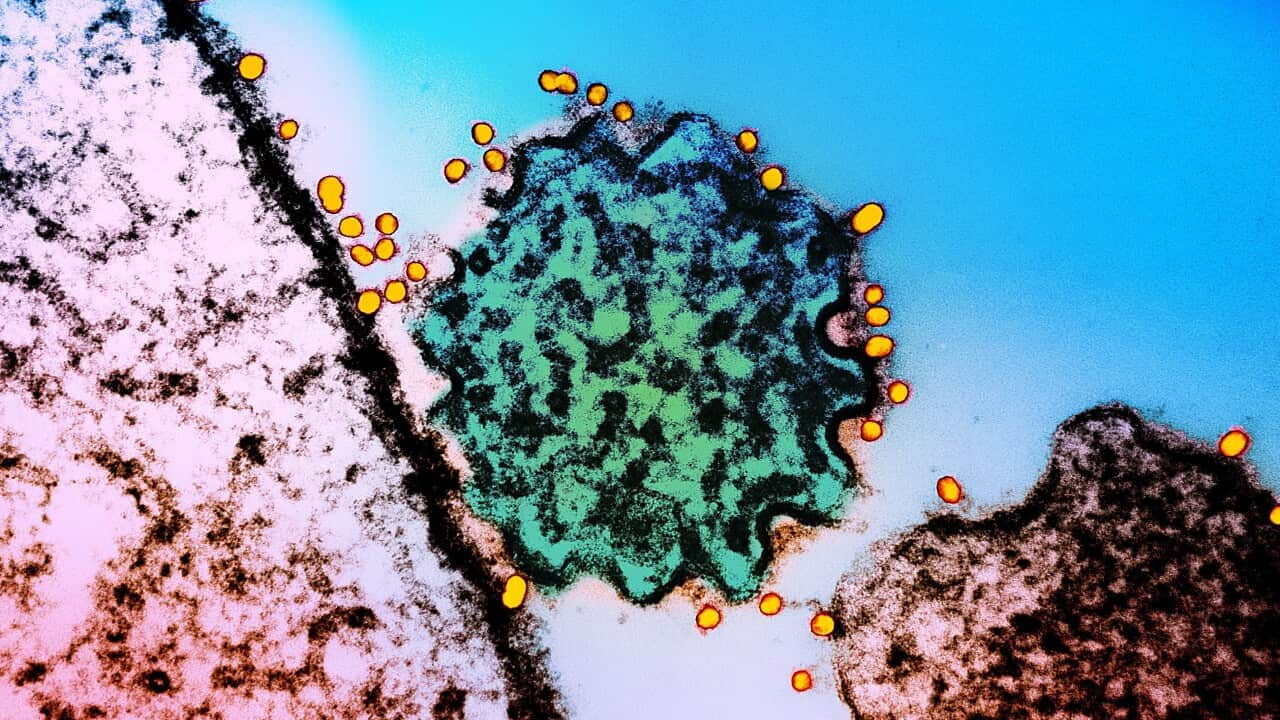The history of Australia's relationship with the state of Israel has been a long and steadfast one.
After recognising Israel in 1949, shortly after its establishment, Australia has largely stood in support of its ally in the Middle East through numerous wars with its neighbours and conflicts with the Palestinian people in the occupied territories.
So why are politicians like the Opposition's James Paterson and Sussan Ley so concerned?
PATERSON: "Well, there's no question that Australia's bilateral relationship with Israel is the worst it has ever been since the creation of the state of Israel following World War II."
LEY: "I really regret the way the relationship between the Albanese government and the government of Israel is deteriorating."
Well, a new diplomatic dispute over the Government's planned recognition of Palestinian statehood and its rejection of an Israeli politician's visa has threatened the relationship in ways never before seen.
Tensions between the two governments have been building over the course of the nearly-two year war in Gaza, escalating earlier this month when Prime Minister Anthony Albanese announced Australia will recognise a Palestinian state in next month's meeting of the United Nations General Assembly.
Dr Martin Kear, from the University of Sydney's Department of Government and International Relations, says the move is a broader reflection of growing international pressure on Israel.
"The government's decision to recognise the Palestinian state wasn't unilateral. They've done this obviously in concert with France, Britain, Canada, and other states. So it's not unprecedented, but certainly it's a reflection of the increased diplomatic pressure being placed on Israel to resolve the war in Gaza and the horrendous cost to civilians."
Simcha Rothman, a politician in Israel's fringe National Religious Party–Religious Zionism, was due to start a speaking tour in Australia but was denied entry after offensive and inflammatory public remarks, including a statement branding all children in Gaza as Israel's enemies.
The leader of his party, Israel's Finance Minister Bezalel Smotrich, was sanctioned by the Australian government in June for what they called the incitement of extremist violence in the Occupied West Bank and serious abuses of Palestinian human rights.
But Opposition leader Sussan Ley argues the government is playing fast and loose with Australia's historically close ties with Israel.
"Israel is a liberal democracy in the Middle East and we should be supporting them. This is an elected member of the Israeli parliament and it’s a very unusual thing to refuse a visa and I haven’t seen explanations from Tony Burke that actually explain what is going on here."
Following the visa cancellation, the Israeli government response included Foreign Minister Gideon Sa'ar calling the decision shameful in a post on X, and accusing the Albanese government of fuelling antisemitism.
He also then announced a decision to revoke the visas of Australian representatives to the Palestinian Authority, a decision Foreign Affairs Minister Penny Wong has called "unjustified".
The move has complicated Australia's efforts to help form a blueprint for statehood with local Palestinian politicians.
Finance Minister Katy Gallagher has told the ABC it's a regrettable and poorly-timed decision by Israel.
"At a time when we need more diplomacy and more dialogue between countries, it is a disappointing decision. We’re not surprised necessarily by it. We saw similar steps taken against other countries, for example Norway, when decision was taken about recognising Palestine. But our view is this is unjustified and we need more talk, more diplomacy, more channels in for discussion than we’ve needed before."
Party lines are being increasingly split on the issue of Israel, with the Coalition vowing to reverse the recognition of Palestinian statehood if they return to power.
Nationals leader David Littleproud told Sky News that Home Affairs Minister Tony Burke - who is responsible for the denial of visas - has threatened the foundations of the Australia-Israel relationship.
"This is a worrying development that I think Tony Burke, firstly, needs to give the full list of reasons as to why this visa was cancelled, so that there is transparency for the Australian people. But ultimately, let's not sugarcoat it. The reality is, it's because of the actions of this government that has recognised, wants to recognise a Palestinian state before they're ready."
But how unprecedented is the government's decision?
Dr Kear says revoking visas for people the government considers extremist political actors isn't new, and he sees it broadly in alignment with the stated goal of pushing for a two-state solution to resolve the Israeli-Palestinian conflict.
"I think it's pretty consistent with what the government has done in the past. I mean, it's certainly rejected visas from other far-right figures, and I think it's consistent with its position on recognising a Palestinian state. I mean, this is a person who doesn't recognise Palestinians exist at all, and there should never be a Palestinian state. So I think the government's decision was consistent with its position that there's going to be a Palestinian state and they reject efforts to prevent that."
Minister Wong has defended the decision to revoke Mr Rothman's visa, saying the government has the right to safeguard Australians from hate and harm.
While Simcha Rothman has told Israeli broadcaster Arutz Sheva he believes the visa decision was made due to what he calls terror threats by Australian Muslims.
"One thing, the threats of terror by the Muslims, the same jihadist mob that shouts in the streets from the river to the sea, Palestine would be free. Apparently that's not inflammatory for the Australian government, but that's the only thing that has changed. They got threats, they got scared and they did not learn the lesson. And sadly, here in Israel, we learned in a very heavy price."
This accusation, along with claims that the Australian government is choosing to incite antisemitism, have been rejected by Minister Wong.
And Martin Kear says he sees these claims of antisemitic motivations as an attempt to delegitimise the push for both an Israeli and a Palestinian state in the region.
"Yes, antisemitism has been on the rise since October 7, but equally, Islamophobia has been perhaps even more on the rise. I think this is this traditional Ultranationalist playbook where any criticism of Israeli politics or policies is deemed as being inherently antisemitic, where Israel is the epitome of Judaism, which is highly contested within the Jewish world. Any accusation of antisemitism is meant to delegitimate the argument and counter that. So it's a predictable response from Rothman, but I don't think it's a general reflection of what's happening in Australia at all."
